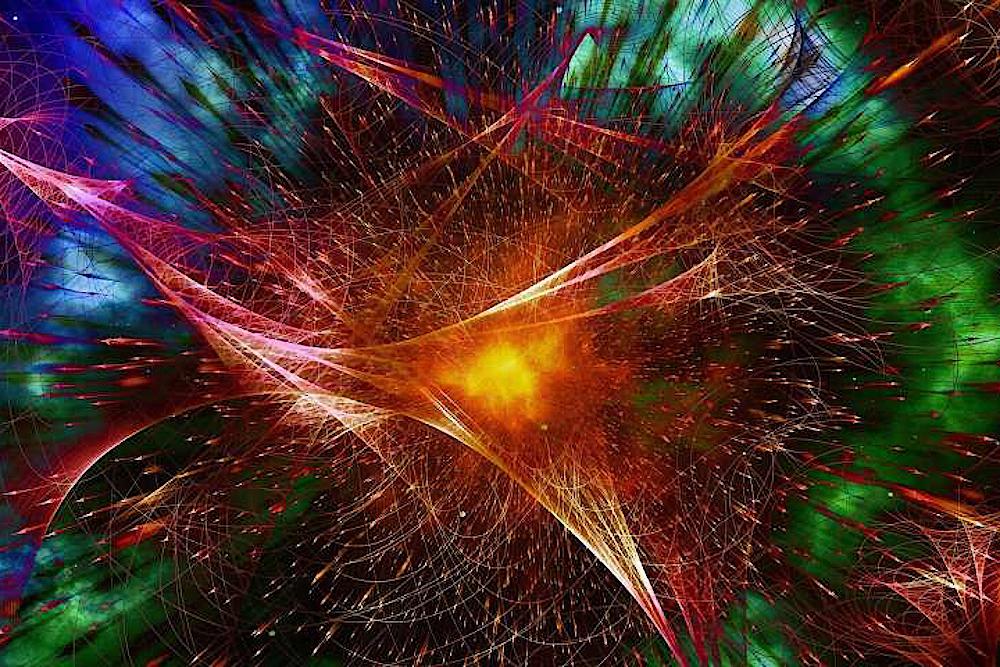
Researchers from the University of Sussex at Falmer have invented a device that could allow them to build up a highly detailed picture of cells 'talking' to each other inside our brains—but from the outside.
A scientific paper about the device shows that the test unit looks like a modest white plastic box, but it contains what researchers have called a modular quantum brain scanner.
It is an extremely sensitive device to measure very tiny magnetic fields, that the brain gives off when electrical activity connected with movement, use of the senses such as sight or hearing, or even thought, takes place.
An important quality of this new sensor is that this type of device can be assembled "like Lego bricks", the team said, which proves that larger scans of brain activity are possible. 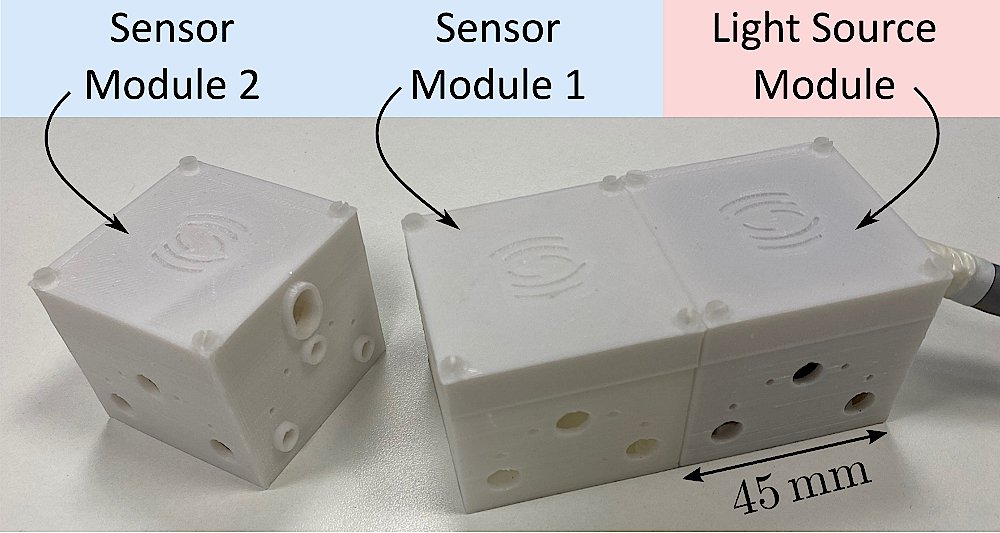
They even stated that "whole-brain scanning" is within reach, something that currently available commercial scanners of a similar type cannot do.
Its use, they said, could bring advances in the treatment of diseases such as Alzheimer's.
The device was built at the Quantum Systems and Devices laboratory at the University
PhD research student Thomas Coussens said:
"The magnetic field of a brain is a trillion times lower than that of a fridge magnet.
"Because our device is modular – and we’ve shown the modularity works by connecting two sensors together – we now plan to scale up this project by building more sensors to turn this into an entire brain imaging system.
"This is the culmination of many months of hard work and I am thrilled to see our first brain signal using our very own quantum sensors built entirely by us here at the University of Sussex.”
The university said its Hub researchers involved in this project are Professor Peter Krüger, Thomas Coussens, Dr Christopher Abel, Katerina Gialopsou, Dr Mark Bason, Professor Mara Cercignani, Fedja Orucevic and Dr Tim James.
The original research can be viewed here: https://arxiv.org/abs/2106.05877


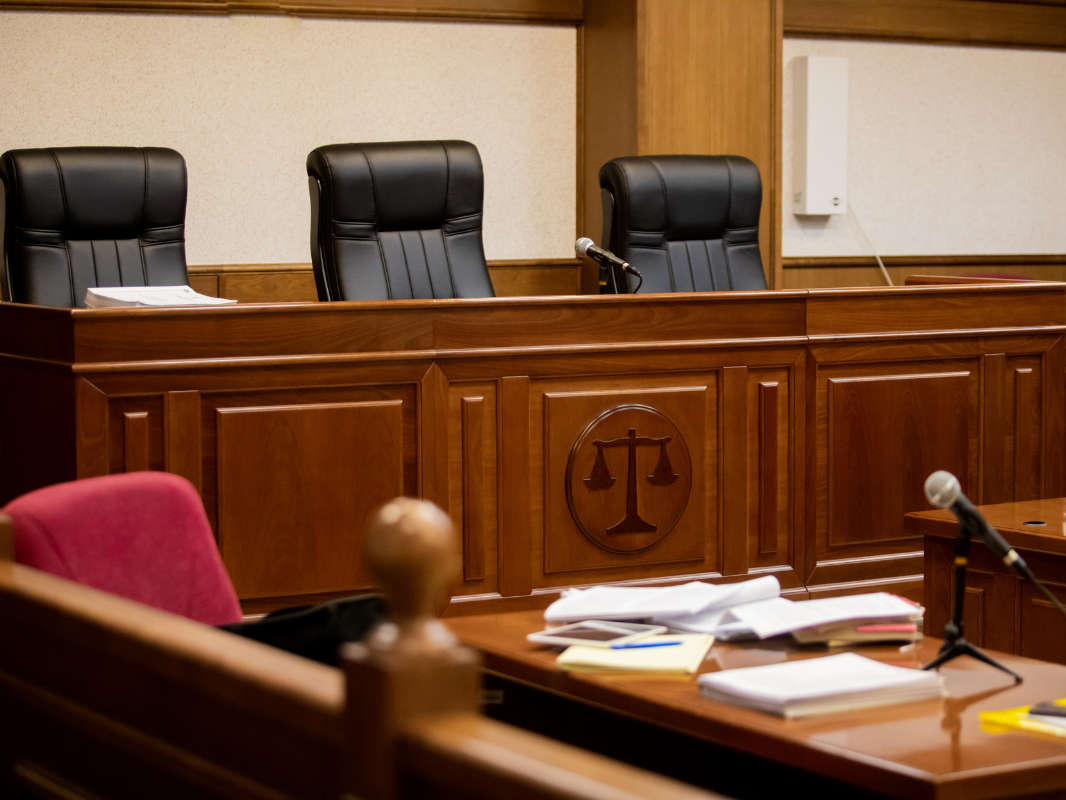 Man Charged After Throwing Brick Through Brighton Restaurant Window
Man Charged After Throwing Brick Through Brighton Restaurant Window
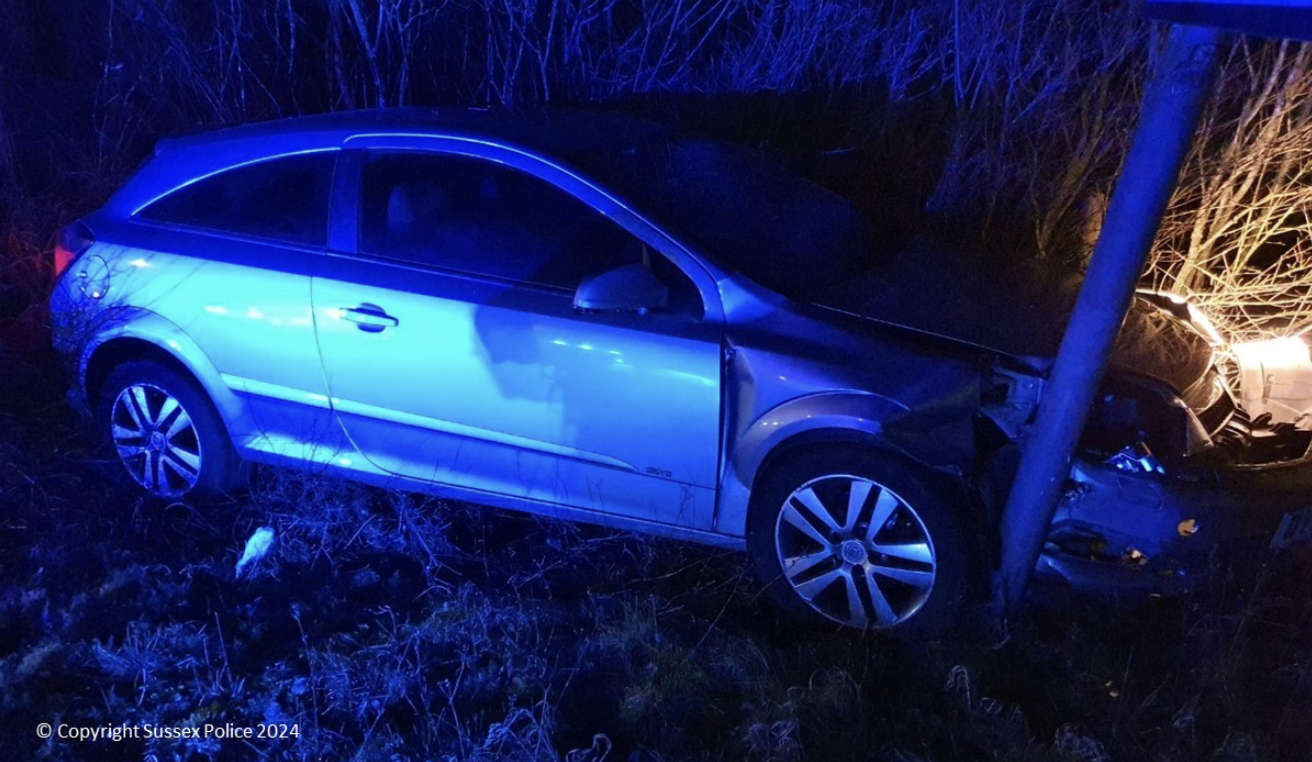 Peacehaven Man Disqualified Over High-Speed A27 Pursuit Near Brighton
Peacehaven Man Disqualified Over High-Speed A27 Pursuit Near Brighton
 Appeal After PCSO Assaulted In Uckfield
Appeal After PCSO Assaulted In Uckfield
 Man Charged With Rape Of Teenage Girl In Newhaven
Man Charged With Rape Of Teenage Girl In Newhaven
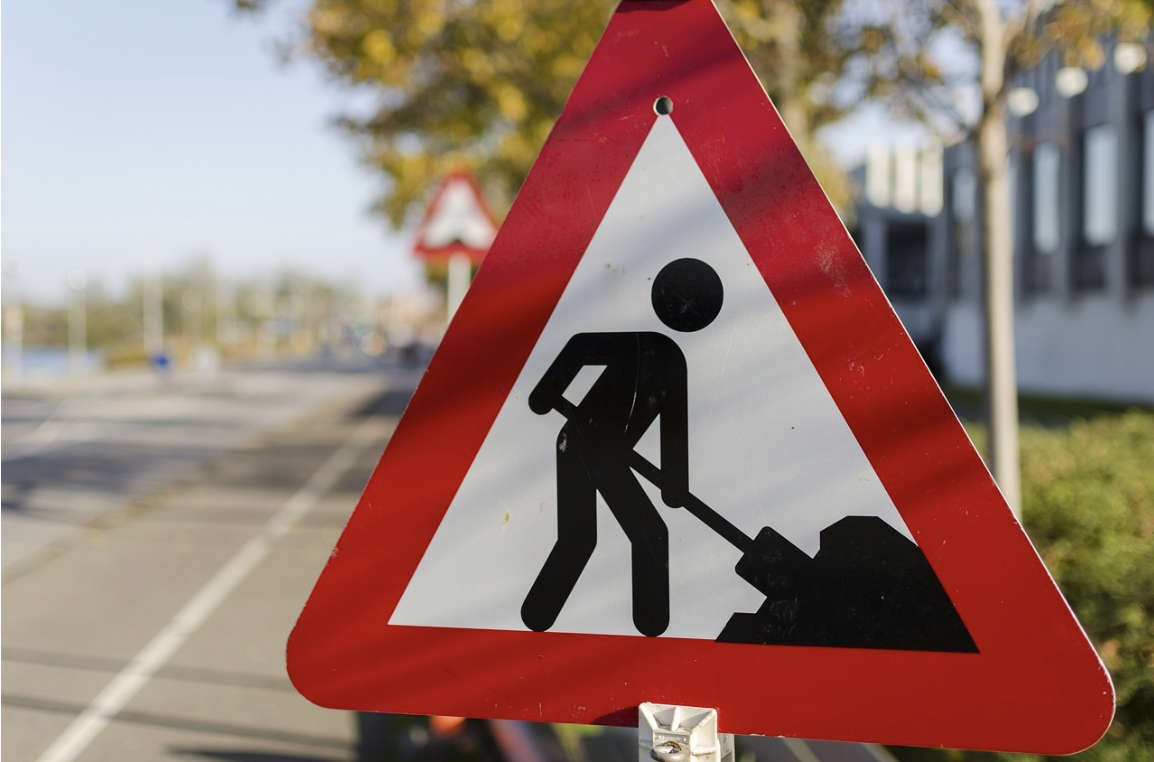 Overnight Closures For A22 Forest Row Road Improvements
Overnight Closures For A22 Forest Row Road Improvements
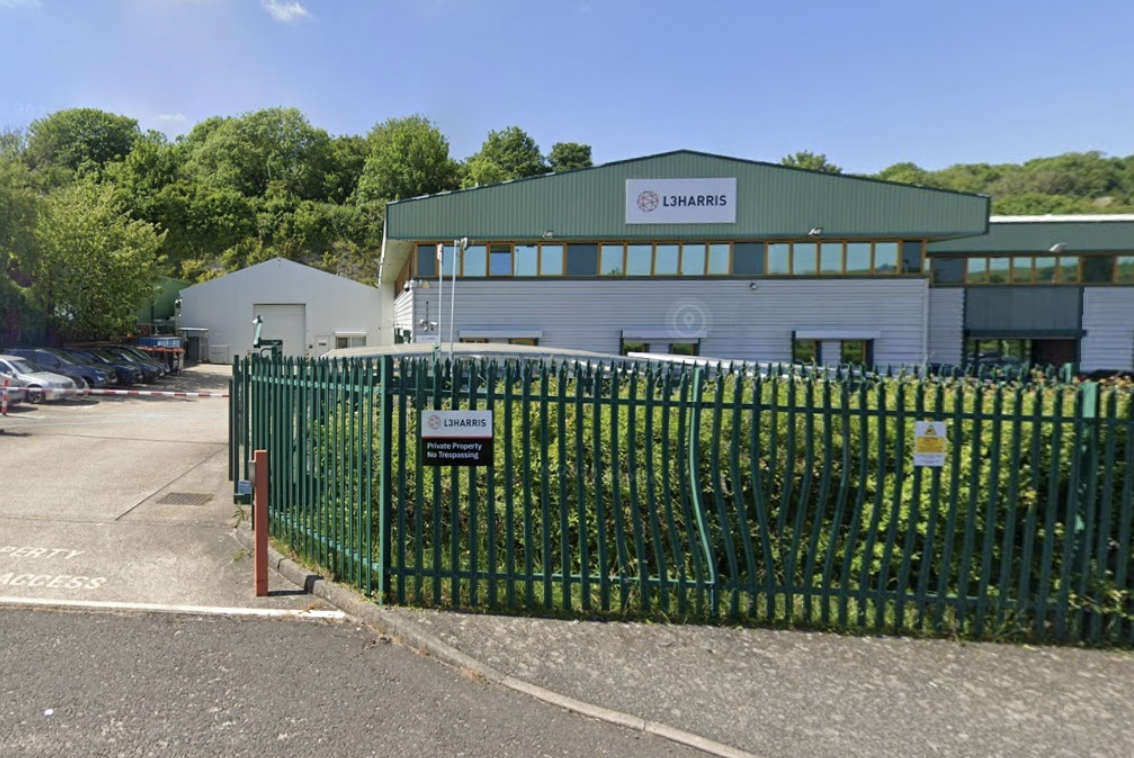 Brighton Defence Manufacturer's Controversial Planning Application Likely To Be Heard
Brighton Defence Manufacturer's Controversial Planning Application Likely To Be Heard
 Over £2.4m Approved For Worthing School Support Centre
Over £2.4m Approved For Worthing School Support Centre
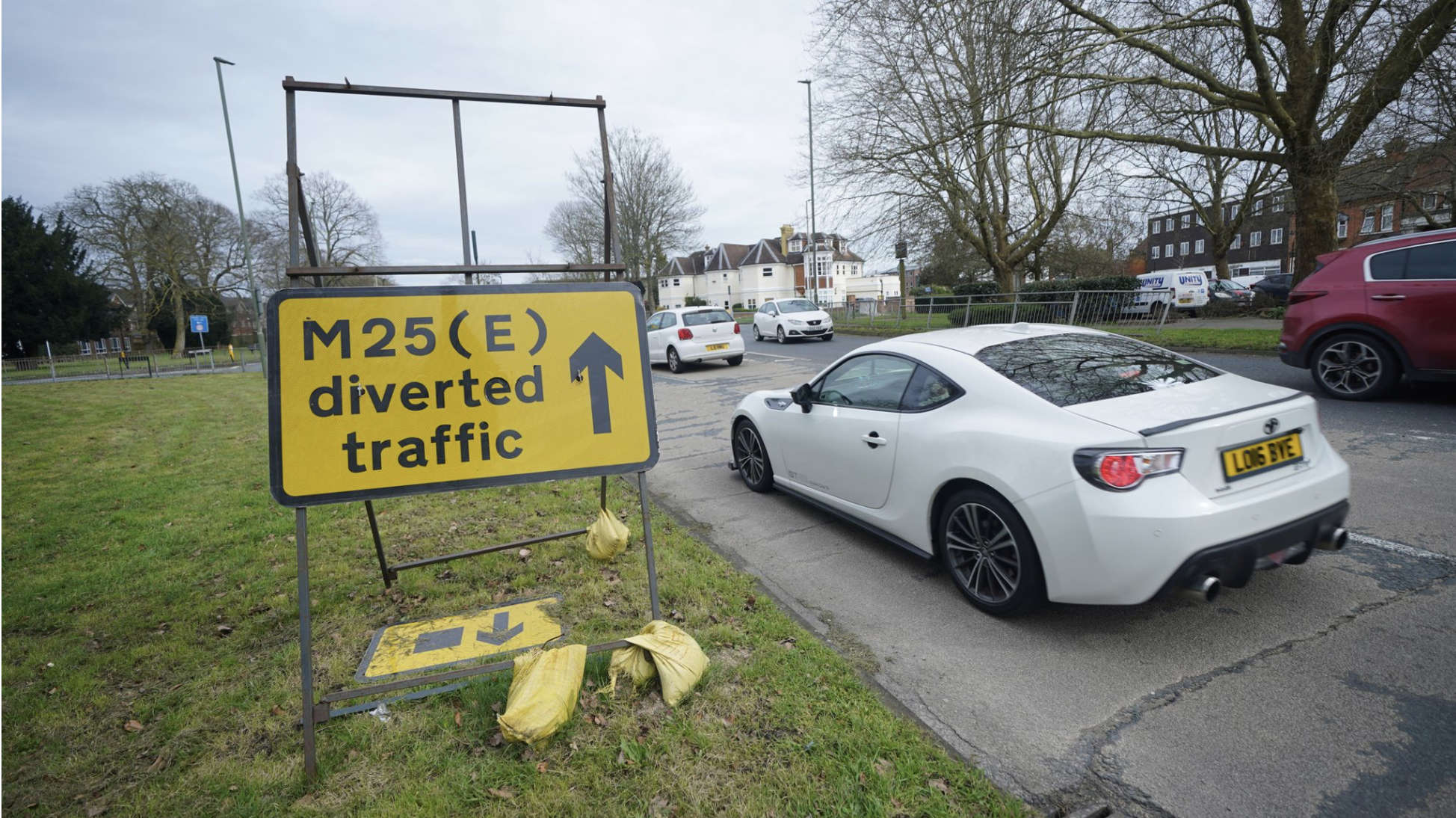 Section Of M25 To Close Again Tonight - As Drivers Warned Not To Get Complacent
Section Of M25 To Close Again Tonight - As Drivers Warned Not To Get Complacent
 Plans For 800 New Horsham Homes Refused
Plans For 800 New Horsham Homes Refused
 Over 200 Co-Living Flats Approved For Brighton
Over 200 Co-Living Flats Approved For Brighton